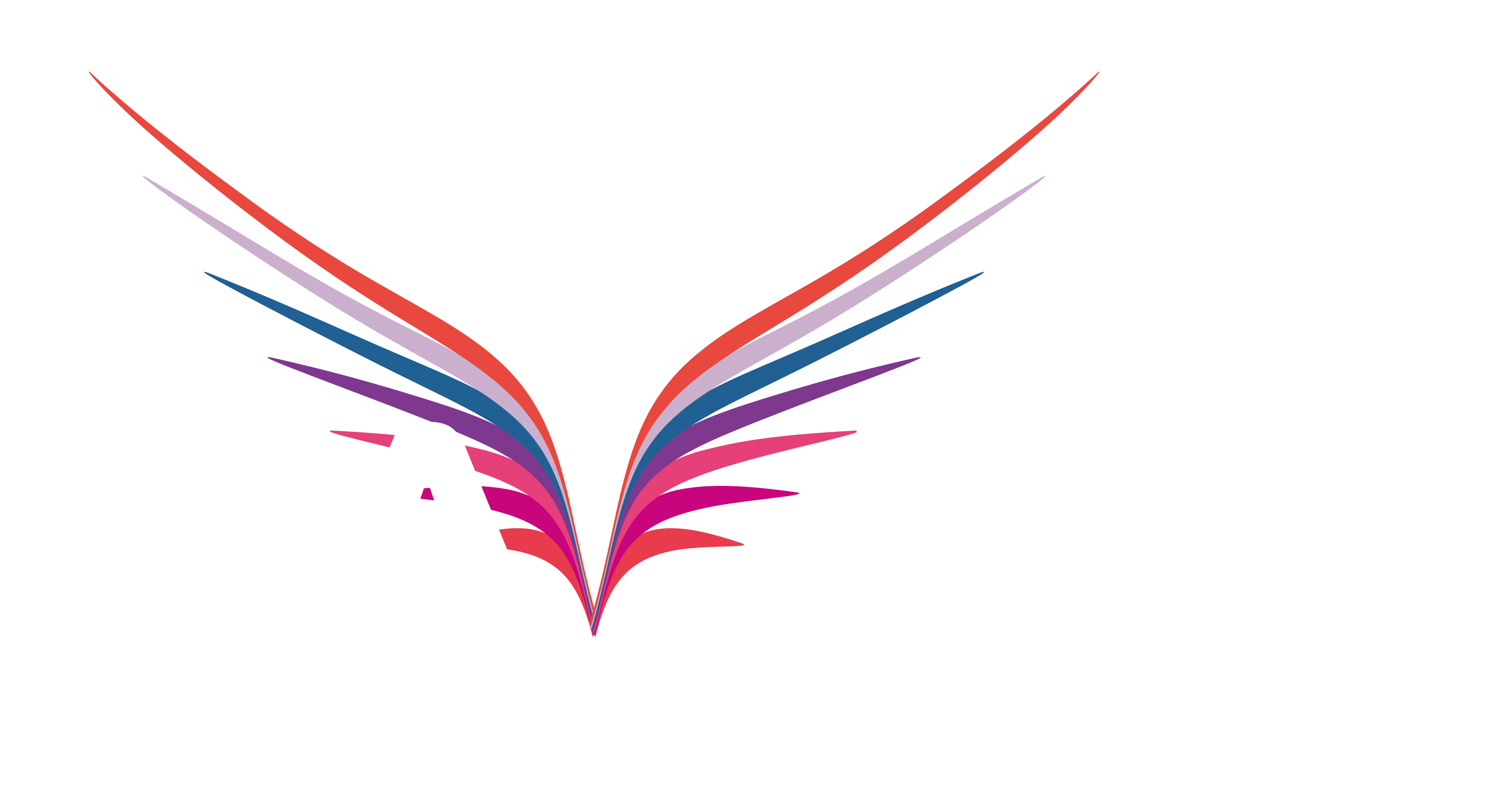I love the events industry. It’s incredibly rewarding to see something you’ve had a hand in creating come off flawlessly and captivate an audience. But sometimes, the pressure of creativity, meticulous planning, and high-pressure execution feels like trying to push a boulder uphill while wearing shoes made of lead.
And rather than admit that I’ve taken on too much, resting up, and learning not to take on as much in future, I’m guilty of attacking the next boulder head-on and then adding a category 10 hurricane and a hornet’s nest into the mix for good measure.
And I know I’m not alone in doing this.
The spiral
This isn’t limited to the events industry – it’s an ever-growing societal issue. Everyone you speak to lately seems to have a story of being overworked and significantly more stressed out.
As a connected society, we’re constantly bombarded with emails, text messages, group messages, advertisements, phone calls, virtual meetings, targeted cookies, news alerts, and propaganda. Is it any wonder your head throbs at the end of the day?
And the overarching message we receive through all this consumption is work harder.
“Stop buying takeaway coffees and avocados, and pretty soon, you too will have enough for a deposit for a house.”
“I made $10,000 before breakfast, and you can too.”
“I just bought this Lamborghini in cash by doing this…”
“With this course, you can be just like me.”
“Why you need to start a side hustle.”
The unrelenting pressure to work, work, work is horrendous. It’s an integral part of modern living, and there’s a real human cost here.
The warning signs you might be ignoring
- Constant fatigue: You’re perma-tired, even after a full night’s sleep.
- Apathy: You know you need to do something about your situation, but you just can’t muster up the energy to do it. You feel trapped and defeated.
- A noisy head: Your brain doesn’t seem to let up for a minute, overwhelming you.
- Decision paralysis: Making even the simplest of choices takes a real effort and procrastination starts to take over.
- Increased irritability: You snap at colleagues, clients, and loved ones over minor issues.
- Physical symptoms: Headaches, stomachaches, blurred vision, migraines, weight loss, and changes in sleep patterns become common.
- No satisfaction: Not getting enjoyment out of things that normally light you up.
- Detachment: No interest in doing things and feeling generally alone.
How did this happen?
The physical and mental demands of modern life can easily lead to a downward spiral. Suicide is on the rise, especially among men. Mental illness costs England £300bn a year – double its’ actual allocated budget. Sick days cost the UK industry £66bn a year.
So why don’t we stop and say enough is enough?
Fear plays a big role. Fear of losing your job, disappointing clients, or letting down your team. The “badge of honour” mentality can also trick you into believing exhaustion equals dedication. The economy isn’t exactly thriving right now, and the prices of everything from heating bills to loaves of bread have gone through the roof, so there’s a very real fear of being unable to pay the bills. This culminates in a vicious circle of keeping people in a perpetual state of anxiety and working themselves into the ground.
The pandemic forced us as a society to slow down, reflect, and reconnect with humanity and nature. In a sickening twist of irony, however, it now feels like many companies are trying to make up for that lost time and are working people harder than ever without a second thought for their welfare. Peers push themselves to the limit, setting unrealistic standards. Before you know it, the ludicrous pressure to keep up creates a breeding ground for burnout.
To quote Brooks in The Shawshank Redemption, “The world went and got itself in a big damn hurry.”
So, how do we break the cycle?
Breaking the Cycle Before Breakdown
1. Prioritise personal boundaries: Establish clear communication about your availability. Disconnect from work emails and calls after hours. Schedule downtime for relaxation and self-care.
2. Leverage technology: Resource management tools can automate tasks and streamline workflows, freeing up your mental space. Utilise scheduling software to delegate tasks effectively and avoid overload.
3. The power of delegation: Don’t be a hero! Delegate tasks to capable colleagues or outsource non-essential aspects. A strong team fosters a culture of support and reduces individual pressure.
4. Communication is key: Be honest with your clients and colleagues about your workload. Discuss deadlines realistically and don’t be afraid to say “no” to additional projects when you’re at capacity.
5. Celebrate small wins: Acknowledge and celebrate your accomplishments along the way. Taking the time to appreciate your achievements keeps motivation high and combats burnout.
Company culture makes a difference
Employers in the event industry have a responsibility to foster a healthy work environment. This includes:
- Open communication: Create a space for honest conversations about workload and stress levels.
- Flexible work arrangements: Consider flexible hours or remote work options to accommodate personal needs and promote work-life balance.
- Investing in resource management tools: Equip your team with the technology to optimise workflows and alleviate pressure.
- Recognition and appreciation: Regularly acknowledge your team’s hard work and celebrate individual and collective successes.
It all starts with you
I’ve learned the hard way that a happy and healthy me is the best ingredient for my business and my clients’ events. It might be a cliche, but the old adage of “You wouldn’t let your phone run out of battery so why do you let yourself run down?” is completely true.
Remember: Your well-being is not a luxury; it’s essential for sustainable success, so don’t wait until you reach breaking point to take proactive steps.
Helpful Numbers
If you’re struggling, remember, that reaching out is not a sign of weakness; it’s a sign of strength. Here are some free resources if you need a friendly ear:
Samaritans
Web: https://www.samaritans.org/
Phone: 116 123 (24/7 confidential emotional support)
CALM
Web: https://www.thecalmzone.net/
Phone: 0800 58 58 58 (5pm – midnight)
Mind UK
Web: https://www.mind.org.uk/
0300 123 3393

